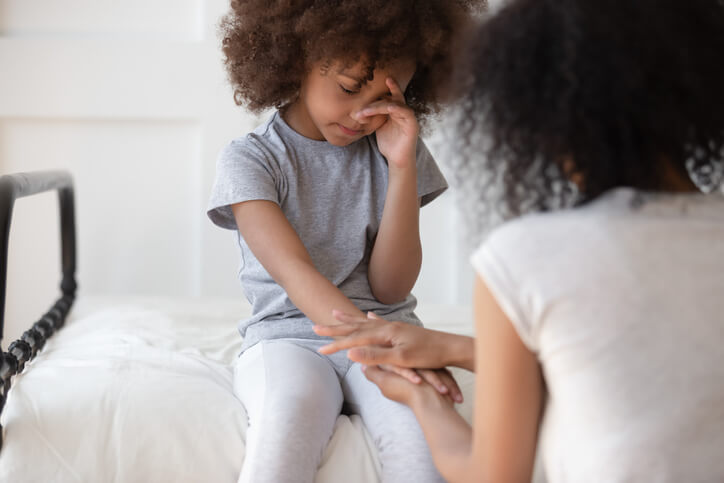Typically, the custody order from the court will control who gets to make medical decisions for a child after divorce. This issue can encompass things like choosing the child’s pediatrician and specialists, consenting to medical treatments from vaccinations to surgery, and taking the child to doctor appointments.
A North Carolina family law attorney can advise you on the language for your custody order or interpret an existing custody order. Let’s look a little deeper into the question of who makes medical decisions for a child after divorce.
The Legal Standard for Issues Pertaining to a Child in Family Court
North Carolina follows the legal standard of “best interests of the child.” This means that, when push comes to shove, the judge should make a decision that puts the needs of the child first. If the judge has two options, and one option is better than the other, the judge should choose the better of the two options. Like many things in family court, the judge has a great deal of discretion and must frequently make judgment calls when deciding disputes in families.
Joint Legal Custody and Medical Decision-Making for the Child
Even when a divorce decree grants primary or sole physical custody of the child to one parent, the court usually awards joint legal custody to both parents. Physical custody pertains to where the child lives. Each parent gets to make the day-to-day decisions for the child when the child is in the parent’s custody. Primary or sole physical custody will determine things like the school district and claiming a child as a dependent on a parent’s taxes.
Legal custody concerns the right to access records and participate in decision-making on significant issues like education, healthcare, and religious upbringing. If the parents have joint legal custody, they are supposed to confer with each other when issues arise in these areas. The parents should discuss the topic and reach an agreement that is in the best interest of the child.
High-Conflict Divorces
If the parents cannot agree on a particular issue, one of them might file a motion in court and ask the judge to decide the question. If it appears to the judge that this is a “high conflict” divorce situation, the judge might refer the parents to a mediator or a high-conflict facilitator.
Sometimes, the only way to get the child medical care within a reasonable time going forward is to award sole legal custody to one parent. Even in that situation, the court order usually instructs the parent with sole legal custody to talk to the other parent about significant medical developments pertaining to the child and try to reach an agreement.
The parents might vehemently disagree about fundamental medical issues, like whether to vaccinate and whether to use “western” or alternative medical treatments. These parents are unlikely to agree on questions of medical treatment for the child, so the judge might need to award sole legal custody for purposes of medical decisions to the parent the judge feels will make the most appropriate decisions for the child. You will want to talk to a North Carolina family law attorney if you feel that medical decision-making will be an issue after your divorce. Get in touch with our office today for legal assistance, we gladly offer a free consultation.
